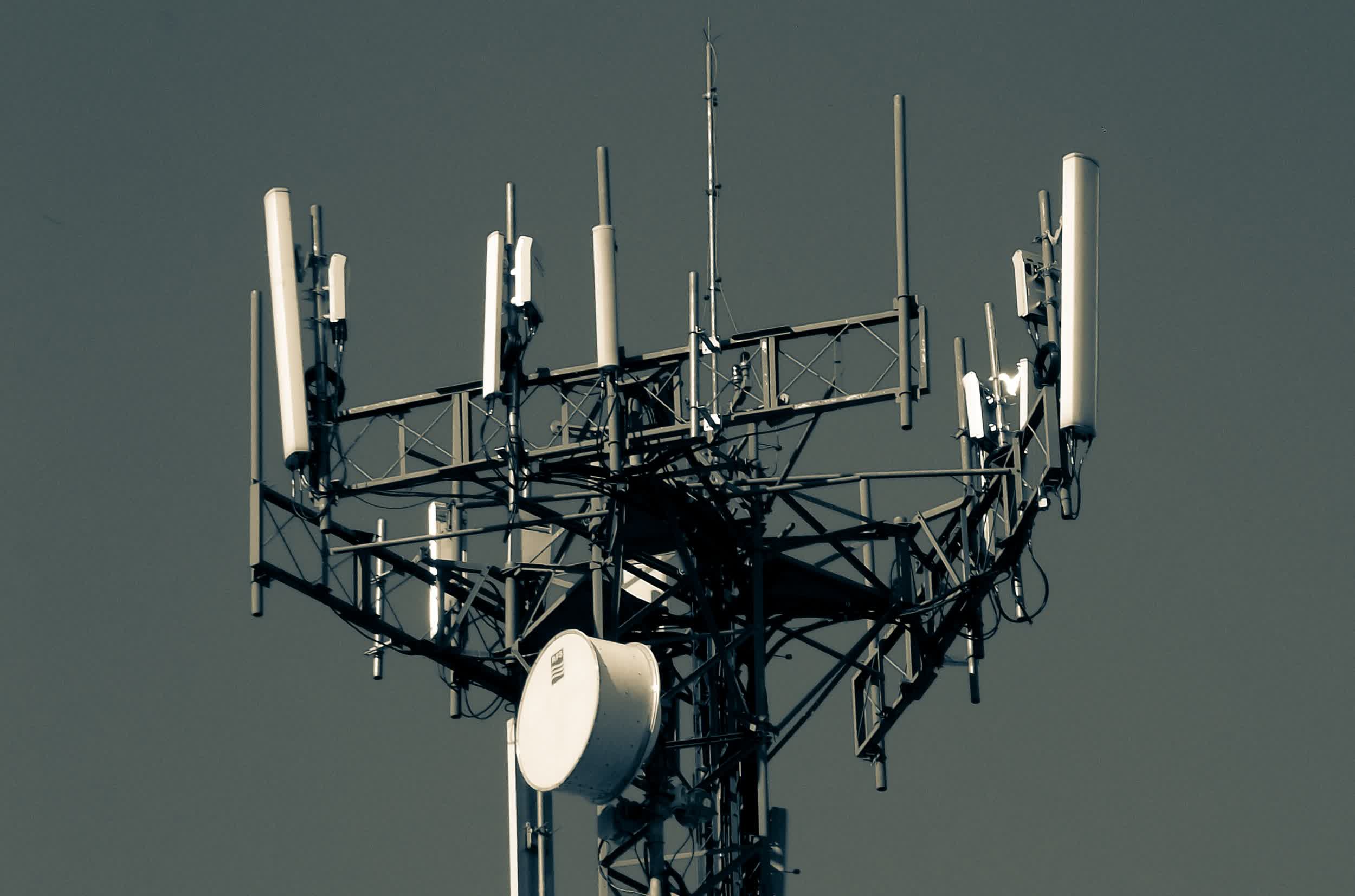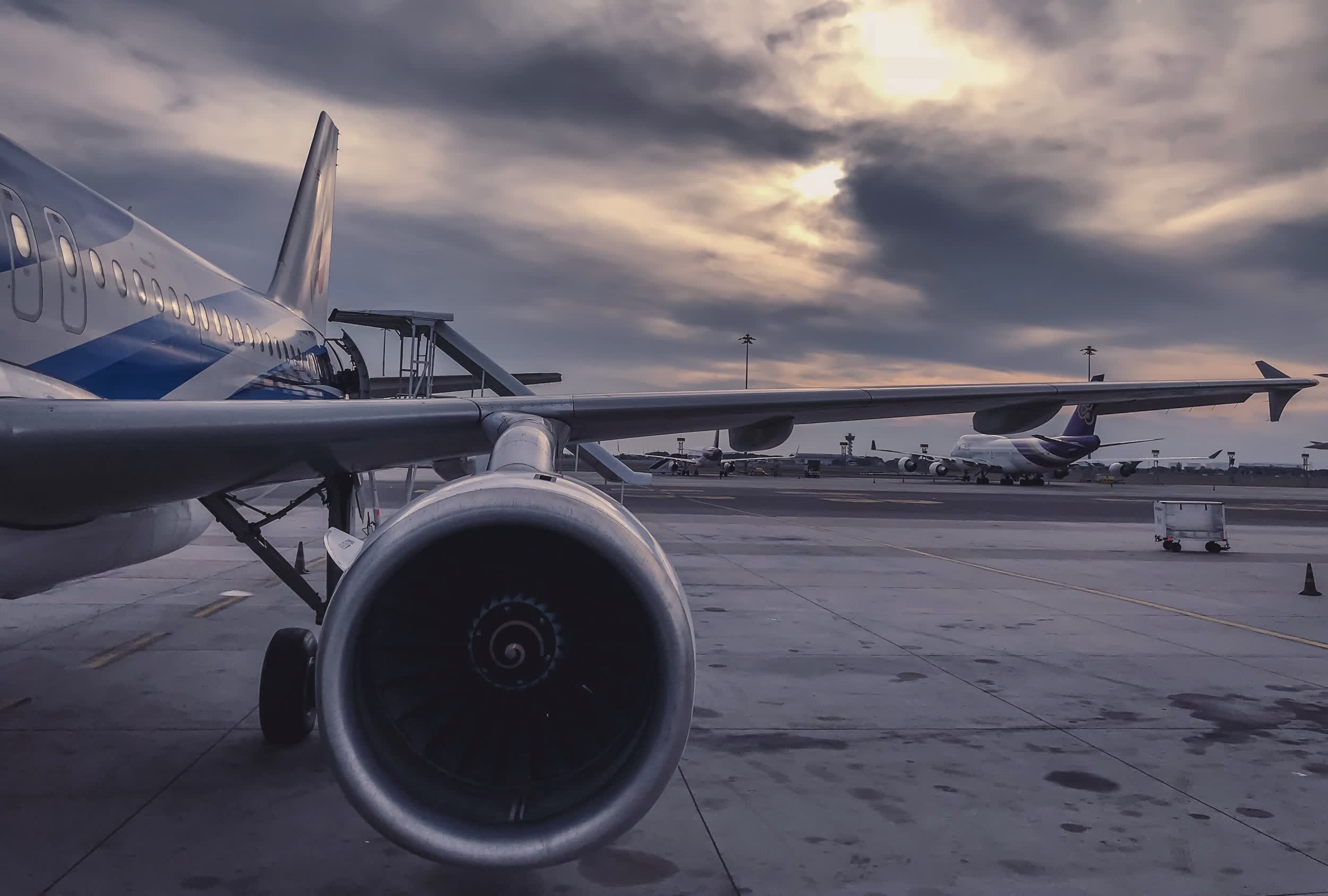What just happened? AT&T is now activating C-Band 5G networks in limited parts of eight metro areas across the US after having followed a voluntary six-week pause to give the Federal Aviation Administration and the aviation industry more time to complete deployment evaluations.

Customers in Austin, Chicago, Dallas Ft. Worth, Detroit, Jacksonville, Houston, Orlando and parts of South Florida should soon have access to AT&T’s new 5G+ service.
C-Band is a mid-band spectrum that sits between AT&T’s low-band (far reaching) 5G service and high-band (mmWave) offering, the latter being incredibly fast but has limited reach. As such, it is typically deployed in densely populated areas like entertainment districts, sports stadiums and other venues.

Wireless carriers including AT&T and Verizon haven’t been too pleased with the FAA’s response to the 5G rollout. In a statement issued on January 18, 2022, AT&T noted that the administration had not utilized the two years they had to responsibly plan for the deployment.
“We are frustrated by the FAA’s inability to do what nearly 40 countries have done, which is to safely deploy 5G technology without disrupting aviation services, and we urge it do so in a timely manner.” -- AT&T
The FAA and airlines are concerned that C-Band waves could interfere with sensitive equipment on some aircraft like the altimeter, which is used to help land the craft in low visibility. According to The New York Times, airlines canceled around 240 flights on Wednesday in response to carriers' moves.
AT&T said it already has 17 devices available online and in stores that are compatible with its new C-Band service.
Image credit: Igor, Ahmed Muntasir
https://www.techspot.com/news/93069-att-c-band-5g-rollout-gets-going-eight.html